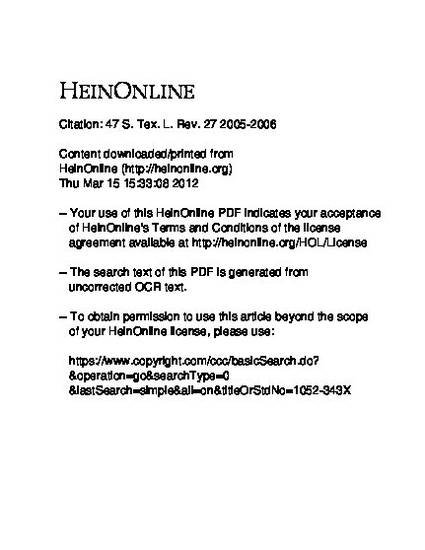
This paper provides a state law perspective on the post-scandal, post-reform audit committee. Federal law, along with NYSE and Nasdaq (together, "SRO") rules, recently have made sweeping changes in corporate governance, including numerous provisions that bear on audit committees. These changes are unprecedented and dramatic, and rightly have received wide attention and careful study. Certain basic principles underlying the governance functions and duties of audit committees, however, originate in, and are still determined by, state law. Moreover, state law applies to all corporations; federal law and SRO rules on audit committees apply only to those companies coming under federal law or SRO coverage. This article describes how audit committees fit in to the governance arrangement ordained by state corporate statutes; how longstanding state fiduciary duties will affect post-reform audit committees; and how, on a variety of issues, federal law and SRO rules will interact with the pre-existing state law system to alter what audit committees do and how their conduct is assessed. It closes with some brief observations on how audit committee reforms dovetail with other reform efforts - such as the new SEC "reporting up" rule - to reflect a reconsideration of the lawyer's ethical/legal role in corporate governance.

Posted with permission from the copyright owner.